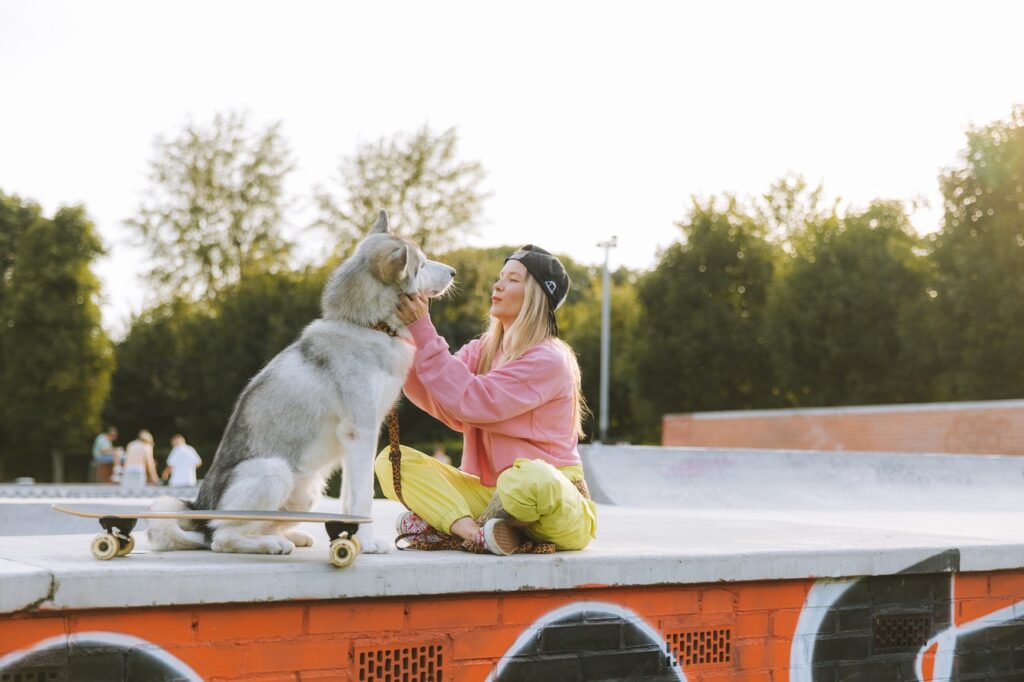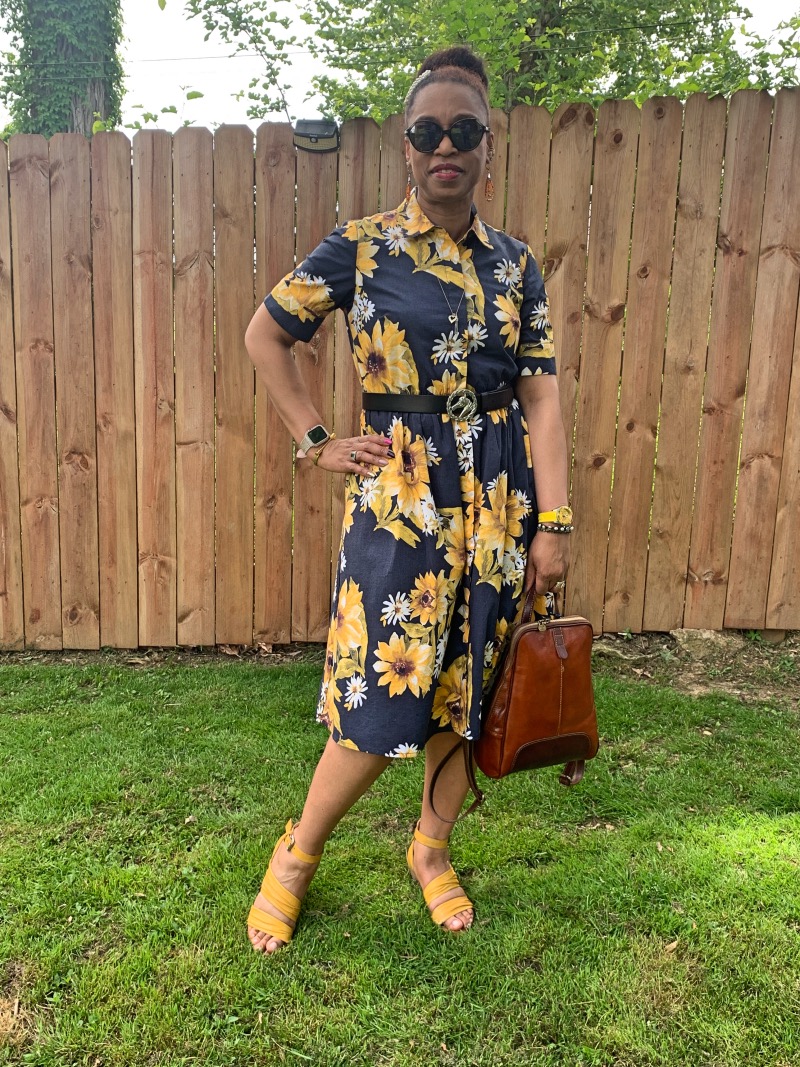Larger dogs have different needs from smaller dogs. If you’re thinking of getting a bigger dog breed, you may want to consider a few of these questions.
 Photo by Yaroslav Shuraev from Pexels
Photo by Yaroslav Shuraev from Pexels
Have you got enough space?
A large dog may not be appropriate for a small apartment. Dogs need lots of space to run around; otherwise, they may feel cramped and unhappy.
Keeping a dog in a small apartment is possible if you’re able to get your dog out frequently throughout the day. Just be wary that there could also be rules against pets if you live in an apartment or the threat of complaints from neighbors – check what the rules are and check in with your neighbors before getting a dog in an apartment.
Have you got time to exercise your dog?
Large dogs typically need a lot more exercise than smaller dogs. Exercise will keep dogs happy, protect their joints and prevent weight gain. Make sure that you’ve got the time in your day to go on walks and play with your dog.
Some large dog breeds don’t need a lot of exercise, such as greyhounds and tibetan mastiffs – if you don’t like the idea of epic walks, these breeds could be a good choice.
Is their bed large enough?
Many owners of large dogs make the mistake of choosing a dog bed that is too small. A bed that’s too small could be uncomfortable for your dog. For larger dogs, it could be worth looking out for specialist dog beds built for these breeds. You can find specialist dog beds at sites like Pawpedics.
If you plan to keep your dog in a crate, you should also make sure that this is large enough. A regular crate may be suitable when they are a puppy, but they could soon outgrow this.
Do you know what type of food they need?
Large dogs have different nutritional needs from smaller dogs. While they tend to eat more food than smaller dogs, they often require fewer calories per serving than large dogs. This is why it’s worth buying specialist food for large dogs rather than generic dog food – you can be sure that your dog’s nutritional needs will then be met. Check out this guide at Rover on the best foods for large dogs.
Are you prepared for the higher cost?
Larger breeds are a lot more expensive than smaller breeds. Not only will you pay more to buy a large dog and pay more for their food, but you could also find that vet bills/pet insurance rates are much higher – unfortunately, larger breeds are more susceptible to health problems such as joint issues and bloat.
Make sure to factor in the cost of looking after a large dog into your budget. There are ways to save money on owning a large dog that could make it more affordable such as making your toys, doing your own grooming, and keeping them exercised to reduce the risk of joint problems.




Those are good things to consider!